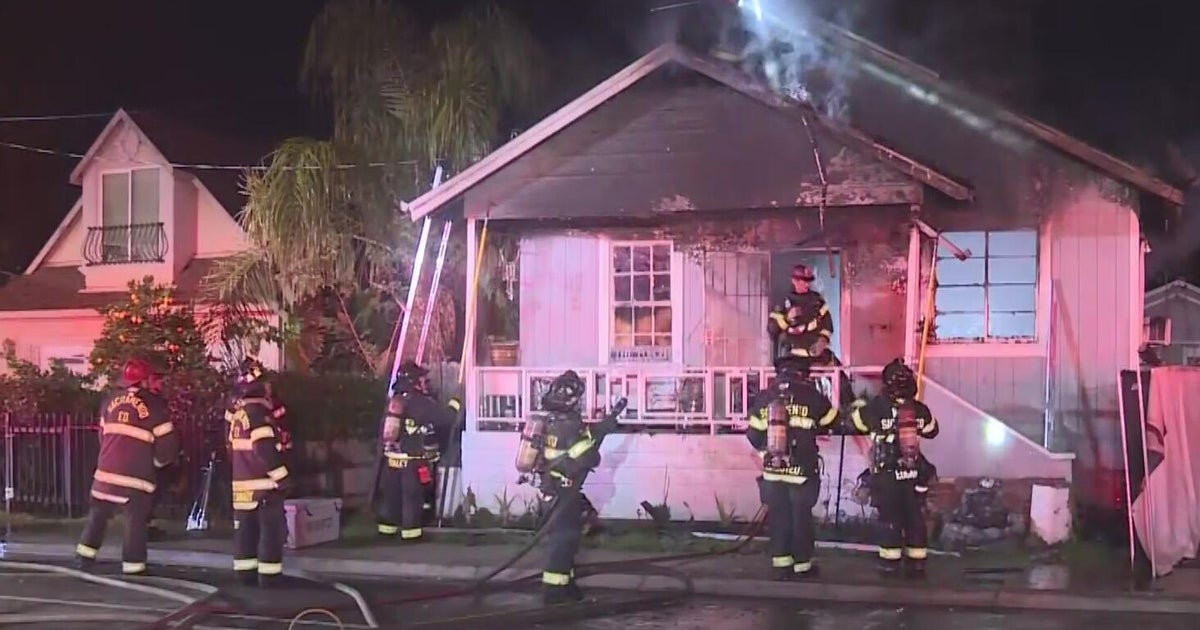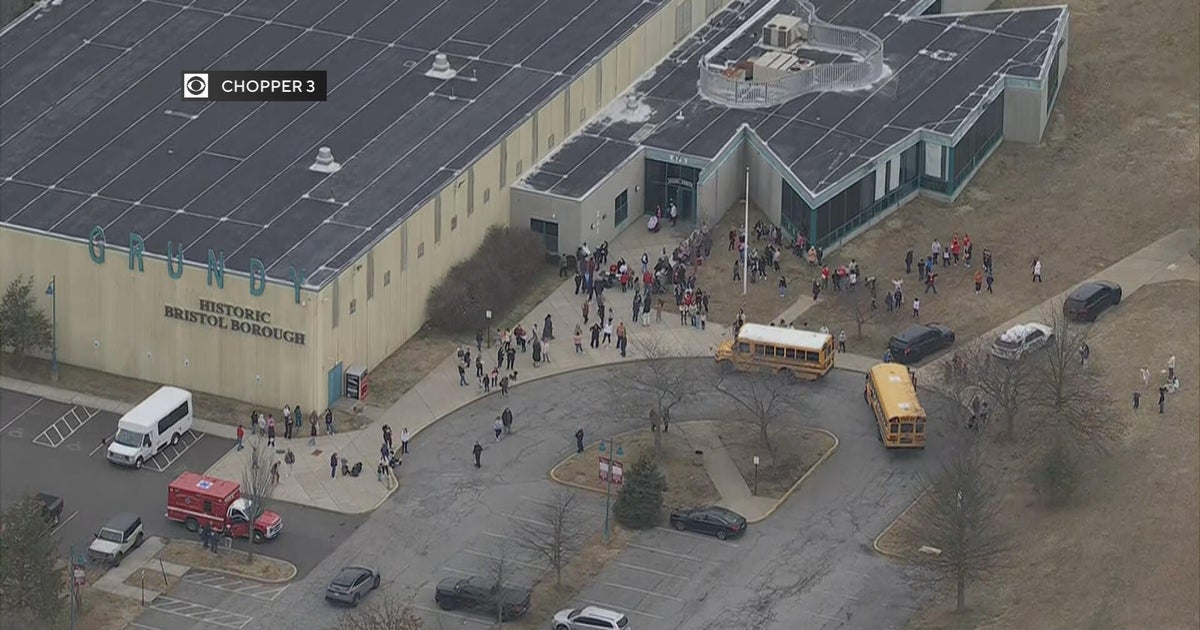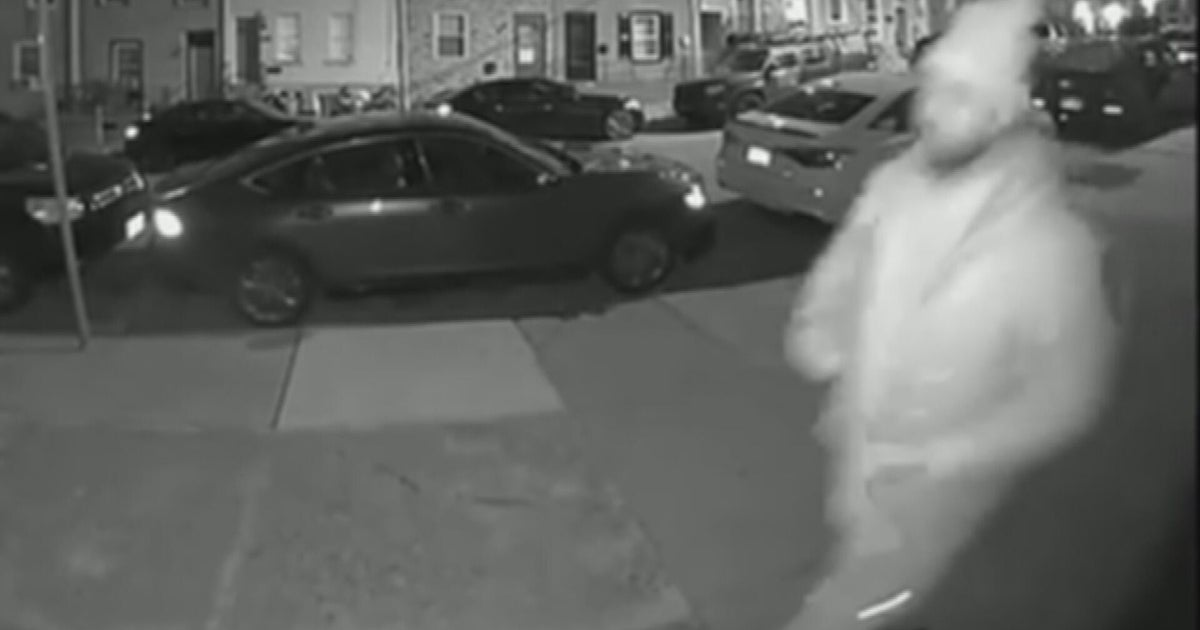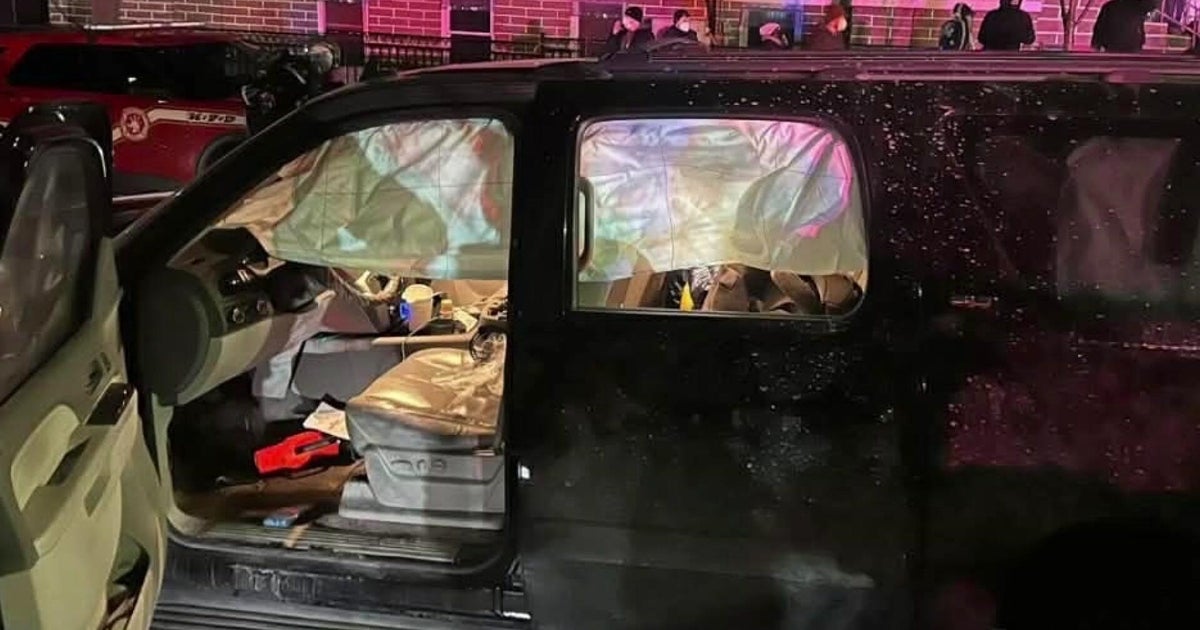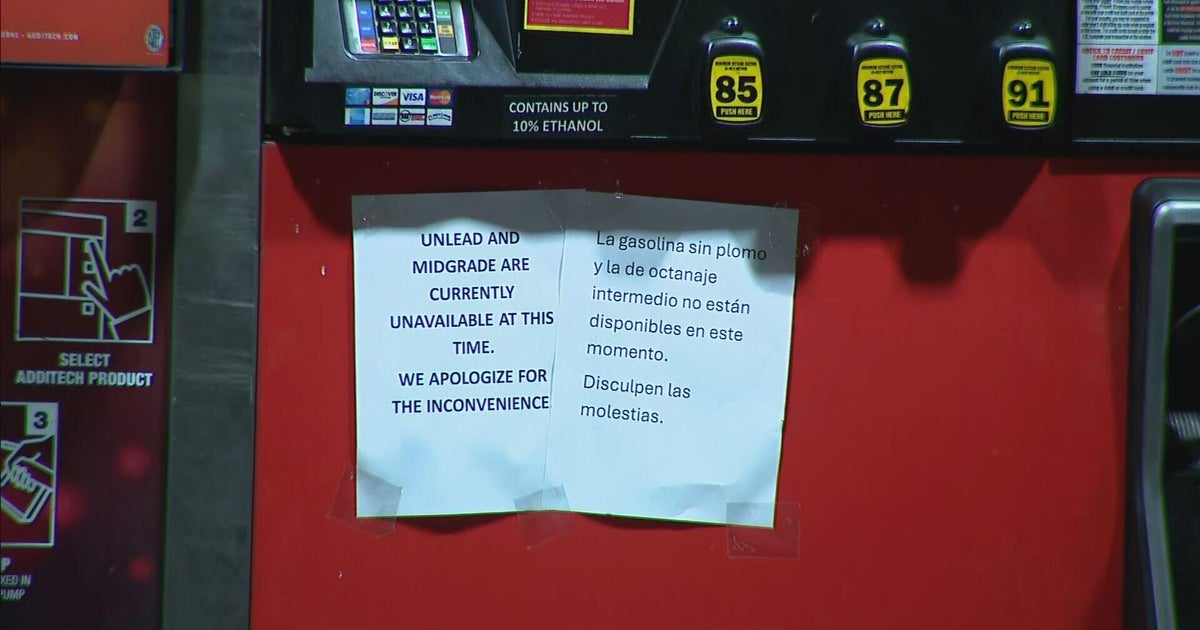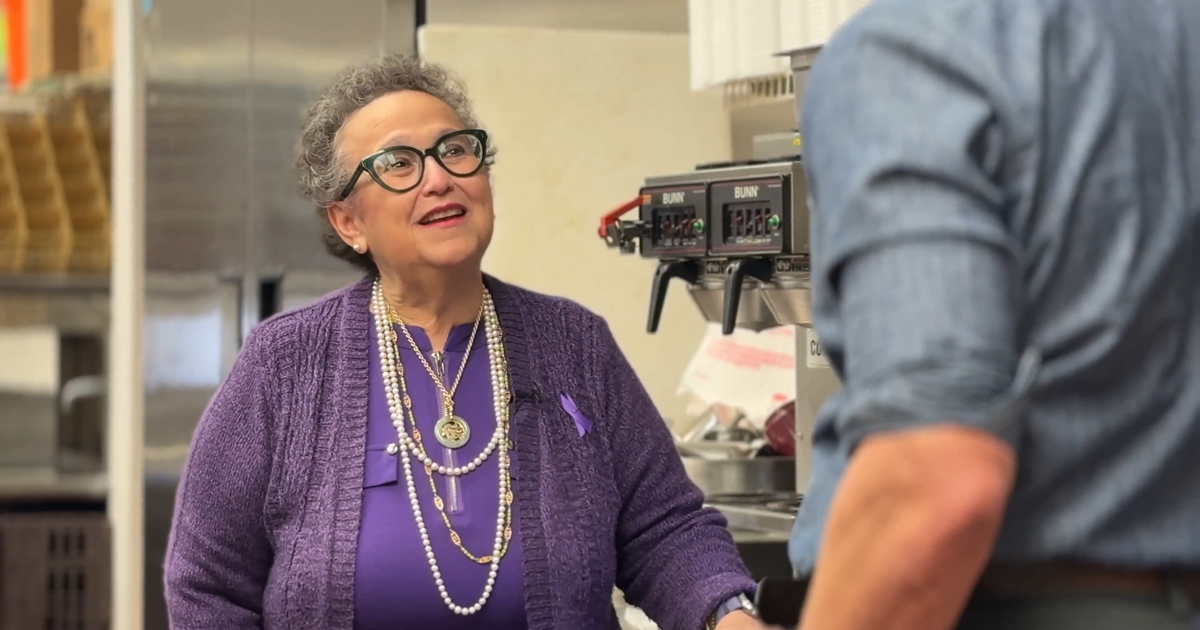40% of Pennsylvania homes may be exposing people to cancer-causing gas, American Lung Association says
PITTSBURGH (KDKA) -- Forty percent of homes in Pennsylvania may be exposing people to a cancer-causing gas, according to the American Lung Association. They said high levels of radon have been found across the state.
The Lung Association said the gas comes up from the ground so areas like a basement could be impacted and if your house is built on a slab, that doesn't mean you're in the clear either.
Radon is the result of naturally present uranium breaking down. Outside, that's not a problem. The issue is when it's trapped in a building in high quantities.
"People can be exposed to really high levels and not know it," said Kevin Steward, the American Lung Association's director of environmental health.
Steward said radon is the second-leading cause of lung cancer in the country behind smoking. The gas is responsible for 21,000 lung cancer deaths each year. Decades of testing found two-fifths of Pennsylvania homes had high levels of the gas.
"That should be confirmed in the heavily-lived-in parts of the house to see if mitigation is necessary," Steward said over Zoom.
Tests can be found in most hardware stores. They range from $10-15. They're fairly simple and come with directions. After you do the test, you'll send it to a lab for results.
"High levels have been found deep in cities. High levels have been found in farmhouses. It doesn't matter, test for radon," Steward said.
If the levels come back high, it's recommended to get a double confirmation.
Sometimes levels can vary. If you need mitigation, the state Department of Environmental Protection has resources to find someone. It usually costs about a grand to $1,500.
"It's very simple, moderately inexpensive compared to many other things like roof repair. It can normally be done in half a day to a day," Steward told KDKA-TV.
The state DEP said to call the radon division at 717-783-3594 or the radon hotline at 800-237-2366 for help interpretating any test results.
You can check your zip code through the DEP's website to see a history of high radon levels.
